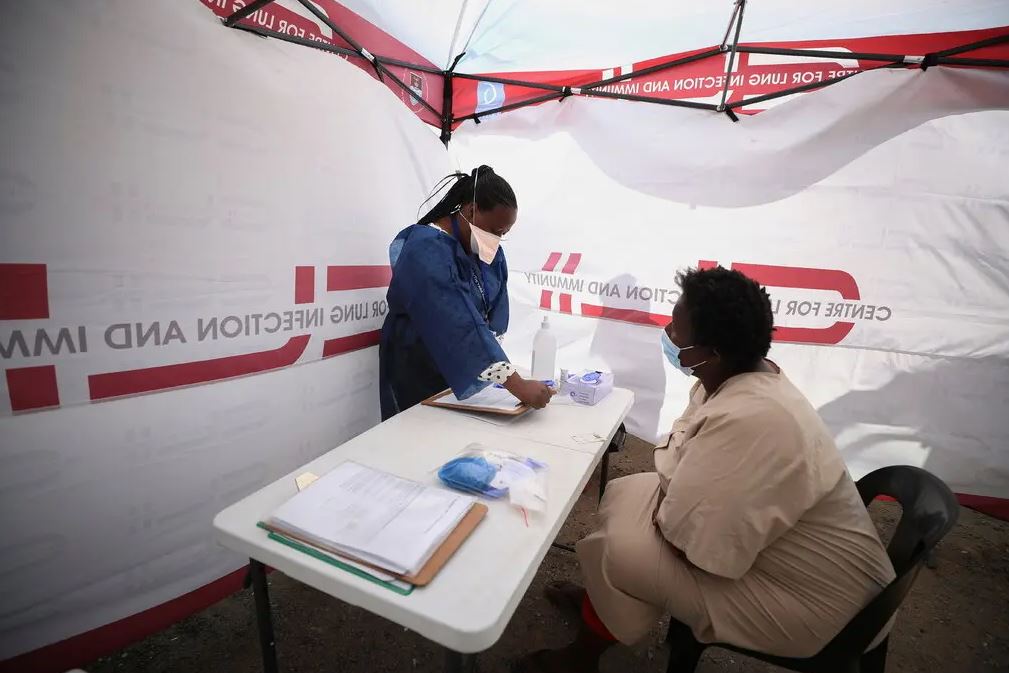About half of the amount that aid organisations had hoped for was donated by Britain on Monday, when it made the announcement that it would contribute $1.19 billion over the next three years to the fight against HIV, tuberculosis, and malaria throughout the world. This came more than a month after other Group of 7 nations had pledged their support.
Since 2020, Britain has reduced the amount of money it contributes to foreign assistance, putting at risk attempts to combat infectious illnesses, hunger, climate change, and the lack of education opportunities for girls.
The new commitment made by the nation is to the Global Fund, which provides funding for the vast majority of efforts to combat HIV/AIDS, malaria, and TB. The pandemic caused by COVID-19 has set back decades of progress made against the three illnesses, which combined are responsible for the deaths of approximately three million people per year.
Andrew Mitchell, Britain’s minister for development, was quoted as saying in a statement that the United Kingdom and other countries established the Global Fund because they “refused to tolerate” the loss of millions of lives each year to illnesses that might have been prevented and are curable.
After the United States, the United Kingdom was the second biggest contributor to the Global Fund. However, since the year 2020, the government has decreased the amount of money it contributes to activities related to human rights by 80 percent, the cash it provides to various global health programmes by more than 80 percent, and the amount of humanitarian help it provides to other countries by 60 percent.
Since its inception in 2001, the Global Fund is estimated to have contributed to the averting of the loss of 50 million human lives. According to Peter Sands, the executive director of the fund, with an additional 18 billion dollars contributed by various nations, it will be possible to save the lives of another 20 million people over the next three years.
In September, G7 member states assembled in New York and committed a combined total of $14.25 billion; however, Britain and Italy were conspicuously missing from the event. As the economic situation in Britain continued to worsen, a number of analysts were concerned that the nation would pay very little or nothing to the Global Fund.
Mr. Sands expressed his gratitude by saying, “Given the extremely hard situation, we are tremendously thankful of this firm assurance.” Nevertheless, the sum is a long way off from the $2.15 billion that was demanded from Britain and is much less than the $1.68 billion that was donated in the financing round for 2019.
According to Mike Podmore, the executive director of StopAids, a health and human rights advocacy organisation headquartered in Britain, the sum that is being demanded is about equivalent to.06 percent of the country’s gross domestic product.
According to what he had to say, “the United Kingdom will not be able to adequately react to the global challenges we are experiencing today” if the assistance budget is not increased to the level it once was. It is also at risk that the United Kingdom will lose its status as a world leader in the fields of international development and global health.

